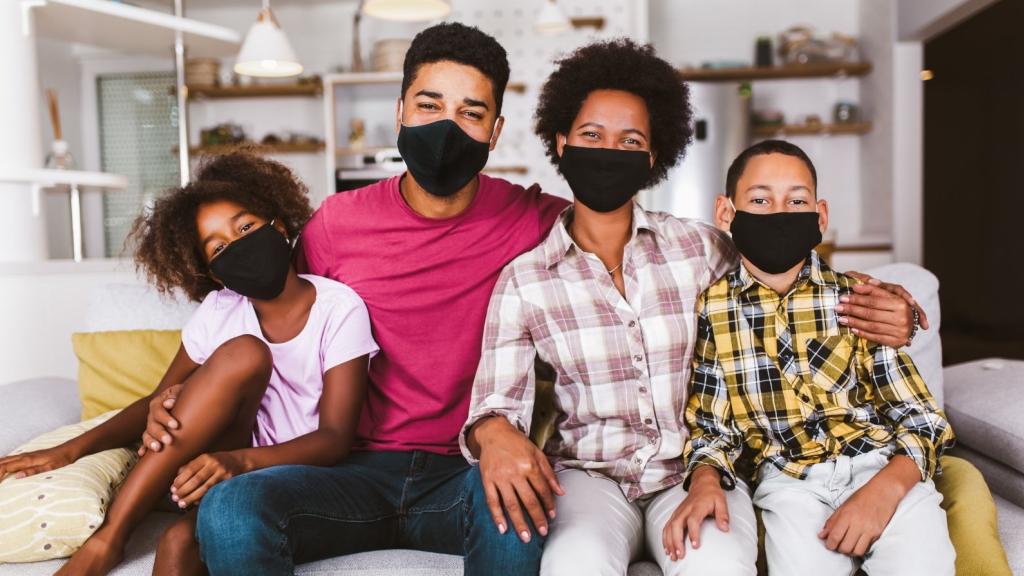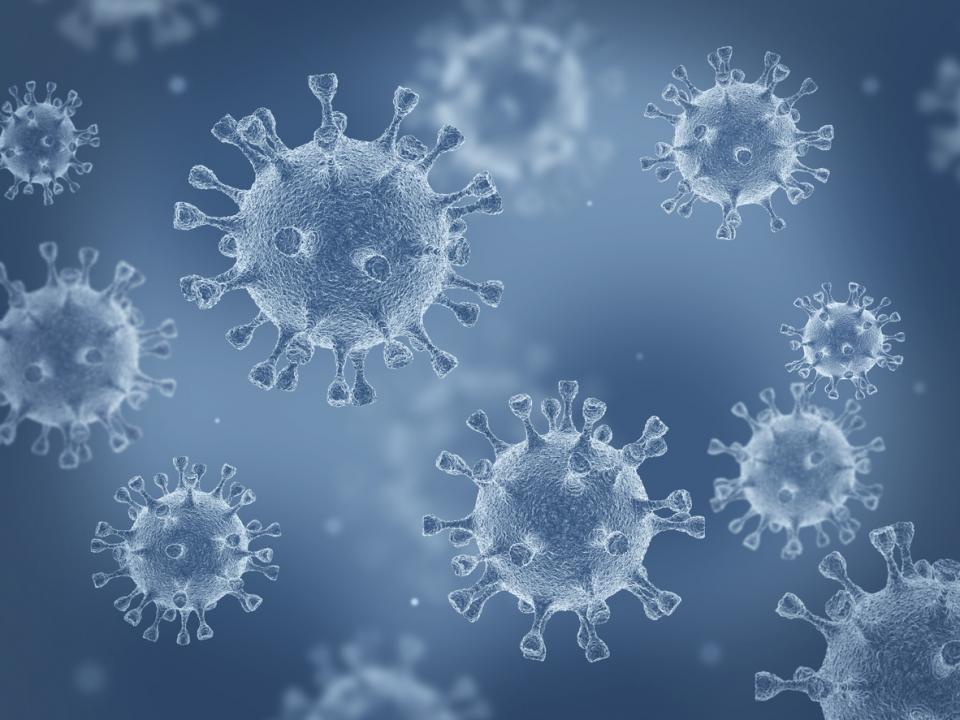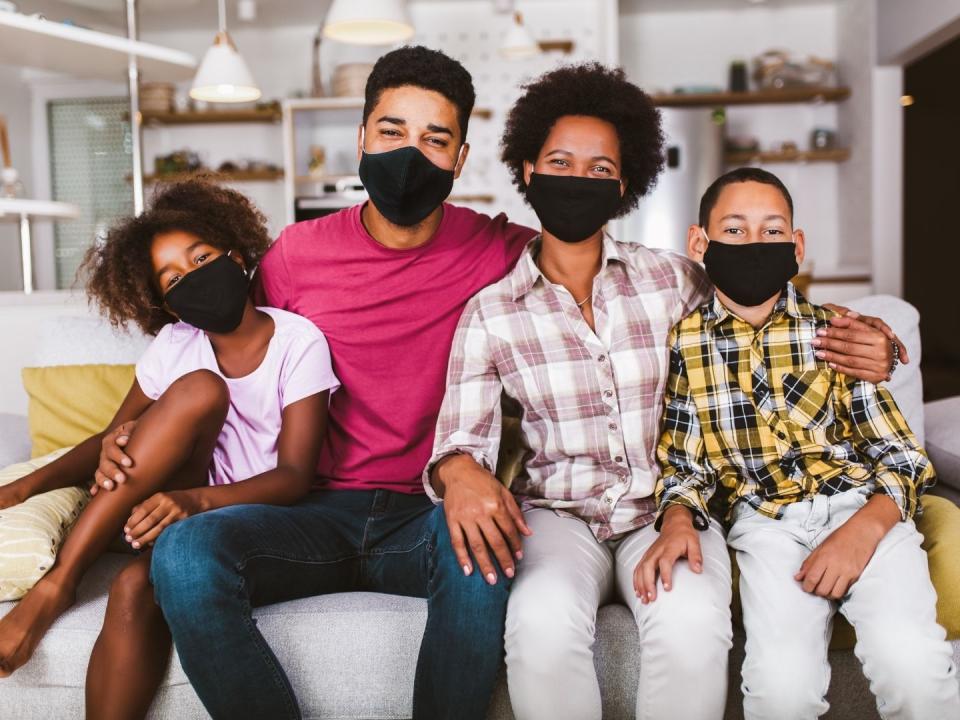
An update from Director of Research Dr Robert O'Connor on Covid-19 vaccine for cancer patients

On foot of my recent article about Covid-19 vaccination, I thought I might give a small update in response to the latest developments.
To briefly recap, like many groups with health difficulties, the cancer community in Ireland has borne a heavy burden to protect itself from Covid-19 infection. Painful as those measures have been they have saved many, many people from the dangers of a Covid-19 diagnosis.
Covid-19 diagnoses have been less common among cancer patients (roughly 1/160 of those testing positive also had received a cancer diagnosis in the previous 5 years). However, 1/14 of those who have died from Covid-19 have been from this cancer community.
In an effort akin to a global moonshot, an international research effort has developed a number of vaccines, some of which have successfully emerged from clinical trials to be approved to protect our community from the Covid-19 virus.
In Europe, the vaccines approved to date fall into two categories – mRNA vaccines like the Pfizer/BioNtech and Moderna agents or animal cold viruses engineered to express the Covid-19 spike protein – the Oxford/AstraZenica vaccine and the Johnson & Johnson vaccine (which may get regulatory approval in the coming weeks).
As with all other vaccines, immunity is not instantaneous and takes roughly 5-6 weeks to become optimal.
So how are things looking now?
Are Covid-19 vaccines safe?
Tens of millions of people have now received one or other of the approved vaccines across Europe and the United States of America. Regulatory organisations have reported findings in keeping with those of the original trials. Approximately half of those vaccinated will suffer no consequences at all from their injection and the other half will feel mildly unwell for a short time after they get vaccinated, more likely after their second dose. The sort of symptoms include mild flu like-symptoms which can last a day or two and older people are less likely to see these effects. Approximately 1-2 per 100,000 report more severe anaphylactic allergy-type reactions. Such very rare reactions are seen at similarly low levels with all vaccines.
While there have been media reports of deaths among very elderly in care homes, analysis of mortality rates among these groups shows they are similar among vaccinated and unvaccinated people, indicating that the vaccine had no role in their passing.
Regulatory authorities across Europe and the US will continue to monitor safety for as long as these vaccines are being provided.
Do Covid-19 vaccines work?
There are two distinct but related concepts to a vaccine “working” - preventing illness and stopping infection spreading from person to person. Clinical trials were used to show that each of the approved vaccines work to prevent people becoming ill from Covid-19. Ongoing research is adding further insight to those findings. All vaccines prevent the most severe complications of Covid-19. The mRNA vaccines achieve this in close to 19/20 people, over the age of 16 through to those who are much older. Many people seem to be protected to the extent that the do not get any symptoms of Covid-19 if exposed to the infection. The other vaccines currently available seem to be a little less effective, and it’s unclear yet how protective they are for older people. However, the other vaccines are also easier to transport and deliver to people as mRNA vaccines require very complex refrigeration processes.
Some early evidence suggests that the Oxford/AstraZenica vaccine also reduces the ability of people to transmit the infection to others. This would be very important in protecting the wider community as a whole.
Israel has vaccinated the greatest percentage of its population to date and even though their vaccine programme is only seven weeks' old, and hence most of those vaccinated are not yet optimally immune, the infection rate among those ever vaccinated has already dropped 41% and is falling further every time it is measured (as full immunity has time to establish itself).

What about different strains of virus?
Notwithstanding confirmed diagnoses, it is currently estimated that between 2-5 million people are being newly infected with Covid-19 every day. The virus causing Covid-19 uses a special type of RNA which can take over our cells causing the production of trillions of infectious particles. This mass growth has a high rate of mistakes and with so many people being infected, the amount of random change in the virus (mutation) is very proportionately high.
A number of different strains have been identified which appear to be more infectious because these mutations cause them to shed even more particles. Some of the mutations also affect the structure of the spike protein that vaccines target.
Preliminary evidence indicated that the existing vaccines give some measure of protection against all strains out there at the minute albeit one strain, originating from South Africa, is not quite as well protected against as the other currently dominant strains.
High rates of vaccine-induced immunity in our population will mean that even the most mutant strains are very unlikely to get a foot hold as extensively as we are seeing right now.
Scientists have already planned how to modify new versions of the vaccine to combat any mutant strains that might break through. Hence, it is still conceivable that we might need a booster at some point in the future. In essence though, the best way to collectively protect us all is to make sure everyone throughout the world has speedy accessible and affordable access to effective vaccines to drive infection rates right down and hence reduce the opportunity for mutation.
Equitable access is also important for recovery of the global economy. Even developed nations are struggling under the current burden. For example 1/600 of the UK population have already died directly from COVID infection, not to mention others who are and will die from the wider health and economic collateral of the pandemic.
How will the vaccines be rolled out?
As expected, vaccine supply has been somewhat of a rollercoaster due to a number of well-publicised reasons. However, supply is generally becoming more predictable and routine.
In line with many other countries, the Irish vaccination programme initially prioritised those in residential care and those providing critical medical functions as a priority. With high portions of those populations now vaccinated, sophisticated plans are emerging for vaccinating those over 70 years of age in the coming weeks.
It is expected though that cancers or cancer treatment that directly impact the workings of the immune system may reduce the effectiveness of vaccination.
Those with an active cancer diagnosis should also be counselled that they may get some of the side effects of the vaccine up to 2-3 days after injection and effects such as a raised temperature or swollen lymph glands may mirror cancer symptoms but are only worrisome if they do not go away within a couple of days.

When will my family and I be safe from Covid-19?
This is a much more difficult question to answer. With high rates of vaccination among those in nursing homes and residential care (staff and clients) these communities will have significant immunity by approximately Easter. As the remaining older populations (which have a high percentage of those affected by cancer) are vaccinated through national centres or GP practices, they will also be less vulnerable to infection once their immunity has established. At currently projected vaccination rates this might be late spring early summer.
Vaccines only reliably give immunity to those whose immune systems are working reasonably well. Certain types of cancer or cancer treatments may undermine the ability of vaccines to stimulate the immune system to provide adequate protection. Unfortunately, such people will likely only be effectively protected by very low rates of infection in the wider community. Hence, individuals who either are in this category or join this group by virtue of a new diagnosis will be among the last to benefit.
It is not yet known what the impact of reopening borders and international travel might have on community levels and virus strains. Many in our cancer community have suffered such burdens for many years. For example, those who have stem cell transplants and certain types of high dose chemotherapy are often required to isolate for several months.
We can all greatly help these members of our community by doing all we can as individuals to drive down community levels of COVID. So, maintaining social distance, cough etiquette, mask wearing and, eventually, getting vaccinated will help suppress numbers and, in so doing, hasten the day when we can all enjoy the vital personal, social and community interactions we have had to sacrifice for so very long to protect our health and that of the ones we love.
Final note
Covid-19 continues to significantly impact our daily lives. While it has been very difficult, cocooning and other preventative measures have helped ensure that, notwithstanding the high rates of death among those with cancer, proportionately lower numbers of people in these communities have been infected.
With large numbers of people now having received one or other of the approved vaccines, there have been no indications of worrisome levels of vaccination complications and evidence continues to come in to vindicate the early findings that the approved vaccines are safe and effective.
It will still be some months before there is more widespread immunity and in the meantime every infection that we prevent by social distancing, cough etiquette, mask wearing etc. hastens the time when we all as a community can safely reacquire ourselves with the happiness of meeting up and enjoying one another’s company in person.

